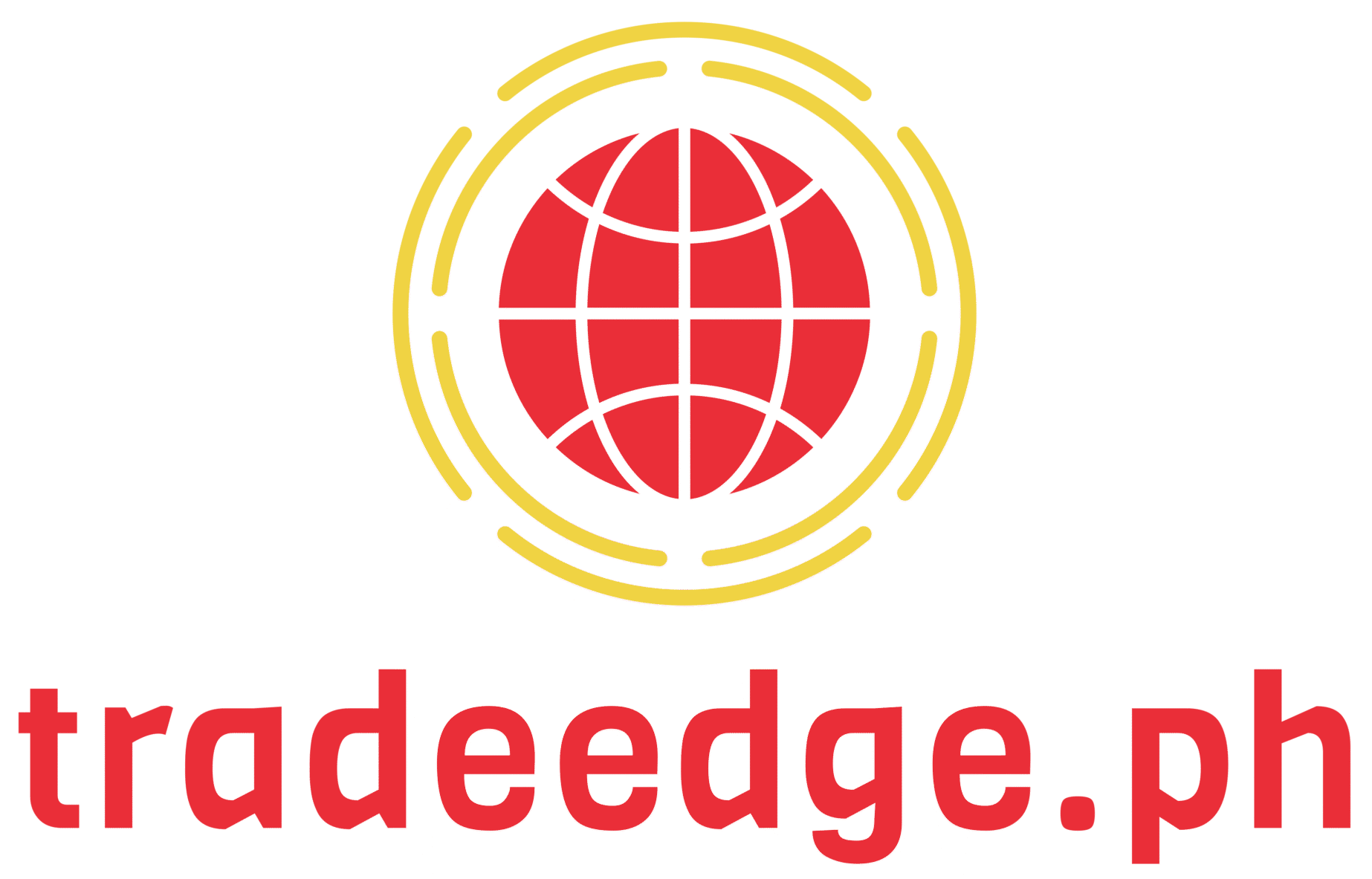Small and medium-sized enterprises (SMEs) have long been recognized as the backbone of the Philippine economy, and the government has continuously worked to provide these businesses with the tools they need to thrive. The Philippine government’s efforts to support entrepreneurs encompass several aspects, including financial aid, regulatory reform, and access to business development services.
The Department of Trade and Industry (DTI) plays a central role in this support system. Among its key initiatives is the provision of various business-related services that assist entrepreneurs at every stage of their business journey. From pre-startup guidance to post-launch support, the DTI offers invaluable resources aimed at fostering sustainable business growth.
To encourage entrepreneurship, the Philippine government has made strides in reducing red tape, thus simplifying the process of starting a business. The implementation of the Philippine Business Registry (PBR) system enables entrepreneurs to register their businesses online, reducing the complexity and time required to complete bureaucratic procedures. This initiative is part of the government’s larger push toward digital governance, making it easier for businesses to interact with various agencies and institutions.
Another important initiative is the creation of Negosyo Centers across the country. These centers are designed to provide entrepreneurs with comprehensive services, including free business advisory, training programs, and networking opportunities. By offering one-stop services, Negosyo Centers serve as vital resources for entrepreneurs seeking guidance and support as they launch and expand their businesses.
Financial support is a crucial element in ensuring that Filipino entrepreneurs can succeed. Through government-backed institutions such as the Small Business Corporation (SBCorp), businesses can access low-interest loans and grants. Additionally, during the COVID-19 pandemic, the government introduced various emergency funding programs to help struggling SMEs recover from the adverse effects of the crisis. This approach highlights the government’s understanding of the challenges SMEs face, especially during times of economic uncertainty.
Tax incentives and reforms also play a role in reducing the financial burden on SMEs. The TRAIN Law, passed in 2017, introduced a set of tax reforms that benefit small businesses. Among its provisions are lower tax rates and exemptions for micro and small enterprises, which help businesses retain more of their earnings and reinvest them in growth and innovation.
In conclusion, the government’s support for SMEs in the Philippines is comprehensive and multifaceted. By offering financial aid, simplifying regulations, and providing business development services, the government ensures that Filipino entrepreneurs have the resources they need to succeed. This is essential for the long-term growth of the nation’s economy.




